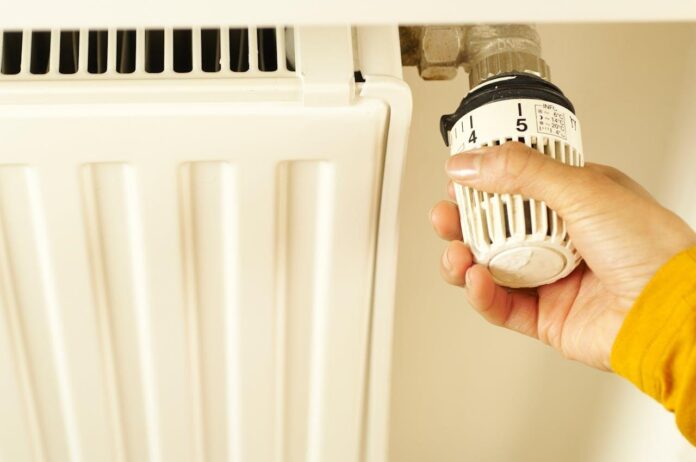Ensuring your home maintains perfect temperature control isn’t just about comfort; it’s crucial for energy efficiency and cost savings too. Proper temperature regulation can also prevent issues such as mold growth and poor air quality, which can exacerbate allergies and respiratory conditions.
The delicate balance of maintaining optimal temperatures can significantly impact your quality of life and your energy bills. In this blog post, we will explore five actionable tips to help you achieve and maintain the perfect climate in your home.
Invest in HVAC Contractor Services
One of the most effective ways to ensure your home’s temperature is well-regulated is by working with professional HVAC contractor services. These experts specialize in heating, ventilation, and air conditioning systems, providing invaluable insight into the best practices and technologies for your home.
An HVAC contractor can assess your current system, recommend upgrades or replacements, and ensure everything is functioning optimally. Regular maintenance conducted by professionals can enhance the efficiency of your system, extend its lifespan, and ultimately save you money on repairs and replacements.
Optimize Thermostat Settings for Energy Efficiency
Another practical approach to managing your home temperature is optimizing your thermostat settings. Many homeowners overlook the potential of their thermostats, yet strategic use can lead to significant energy savings.
Program your thermostat to reduce heating or cooling when you’re away from home, and set it to return to a comfortable temperature before you return. Consider investing in a programmable or smart thermostat for more precise control and the ability to adjust settings remotely.
Choose the Right Insulation and Weatherproofing
Insulation and weatherproofing play a critical role in maintaining indoor temperatures. Inadequate insulation can lead to heat loss in the winter and excessive heat gain in the summer, both of which can strain your HVAC system and increase energy usage.
Investing in high-quality insulation materials for your attic, walls, and floors can create a more stable indoor environment. Similarly, weatherproofing your doors and windows by sealing gaps and cracks prevents drafts and energy loss.
Renew Your Heating System
Your heating system is at the center of maintaining a comfortable temperature in your home, yet it can often be overlooked. Older systems may not operate as efficiently, leading to higher energy costs and inconsistent temperatures.
Consider upgrading to a newer, more efficient model if your current system is outdated. Modern heating systems offer advanced features such as zone control, which allows you to heat specific areas of your home as needed, further saving energy.
Regular maintenance and timely upgrades can ensure your heating system functions optimally, contributing to your overall temperature control strategy.
Smart Home Technology for Temperature Control
Smart home technology is revolutionizing the way we manage our home environments, and temperature control is no exception. Devices such as smart thermostats, sensors, and automated blinds allow for precise control over your home’s climate.
These technologies learn your preferences and adjust accordingly, optimizing both comfort and energy use. For instance, smart thermostats can be controlled via smartphone apps, allowing you to make adjustments on the go.
